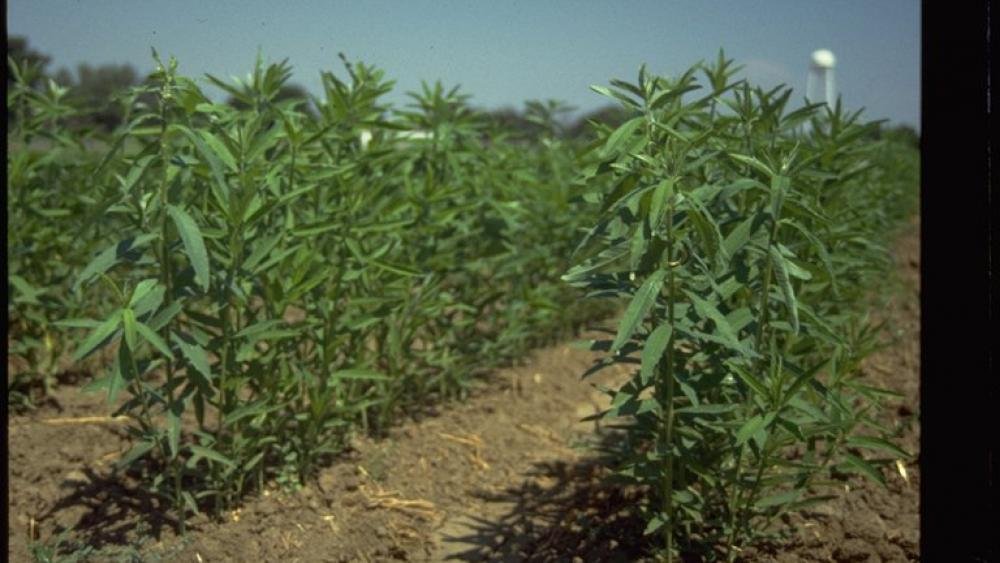Introduction:
Soil fertility is the foundation of successful agriculture. Farmers have been seeking sustainable and eco-friendly methods to enrich their soil, reduce the reliance on synthetic fertilizers, and boost crop yields. In this quest, sun hemp (Crotalaria juncea), a versatile and fast-growing legume, has emerged as a valuable soil fertility improver. This article delves into the qualities and benefits of sun hemp as a natural solution for enhancing soil health.
Sun Hemp: The Green Miracle
Sun hemp, also known as Indian hemp or Madras hemp, is an annual, nitrogen-fixing plant native to the Indian subcontinent. It belongs to the legume family and has a remarkable ability to harness atmospheric nitrogen through a symbiotic relationship with nitrogen-fixing bacteria called rhizobia. This unique feature makes it an excellent choice for soil improvement.
Nitrogen Fixation:
Sun hemp is renowned for its nitrogen-fixing capabilities. The plant forms nodules on its roots that house rhizobia, which convert atmospheric nitrogen into a form that plants can utilize. This natural nitrogen enrichment benefits not only sun hemp but also subsequent crops grown in the same soil.
Biomass Production:
Sun hemp is a rapid grower, reaching heights of 8 to 12 feet within a few months. This remarkable growth rate results in high biomass production. When incorporated into the soil, sun hemp adds a substantial amount of organic matter, improving soil structure and water-holding capacity.
Weed Suppression:
Sun hemp has a dense growth habit that can suppress weed growth. Reduced weed competition benefits the main crop and reduces the need for herbicides.
Disease and Pest Suppression:
Some studies suggest that sun hemp may have allelopathic effects, which can inhibit the growth of certain soil-borne pathogens and pests. This can contribute to healthier soil and fewer pest problems in subsequent crops.
Crop Rotation and Cover Cropping:
Sun hemp is often used as a cover crop or as part of a crop rotation system. Its inclusion in the cropping sequence helps break pest and disease cycles and maintains soil fertility over time.
Improved Soil Fertility:
Sun hemp’s nitrogen-fixing abilities enrich the soil with essential nutrients, particularly nitrogen, which is crucial for plant growth. This results in improved soil fertility and enhanced nutrient availability to subsequent crops.
Reduced Synthetic Fertilizer Dependency:
Incorporating sun hemp into agricultural systems can reduce the need for synthetic nitrogen fertilizers. This not only cuts input costs for farmers but also mitigates the environmental impact of excess fertilizer use.
Erosion Control:
Sun hemp’s extensive root system helps prevent soil erosion, making it valuable in areas prone to soil loss due to heavy rainfall or wind.
Conclusion:
Sun hemp has garnered recognition as a valuable soil fertility improver, offering a range of benefits to both farmers and the environment. Its ability to fix atmospheric nitrogen, enrich the soil with organic matter, suppress weeds, and enhance disease resistance makes it a versatile addition to sustainable agricultural practices. By integrating sun hemp into crop rotations and cover cropping systems, farmers can optimize soil health, reduce dependency on synthetic fertilizers, and cultivate more resilient and productive farmlands. As the world increasingly seeks sustainable and eco-friendly agriculture practices, sun hemp stands out as a green marvel in the quest for soil fertility improvement.

